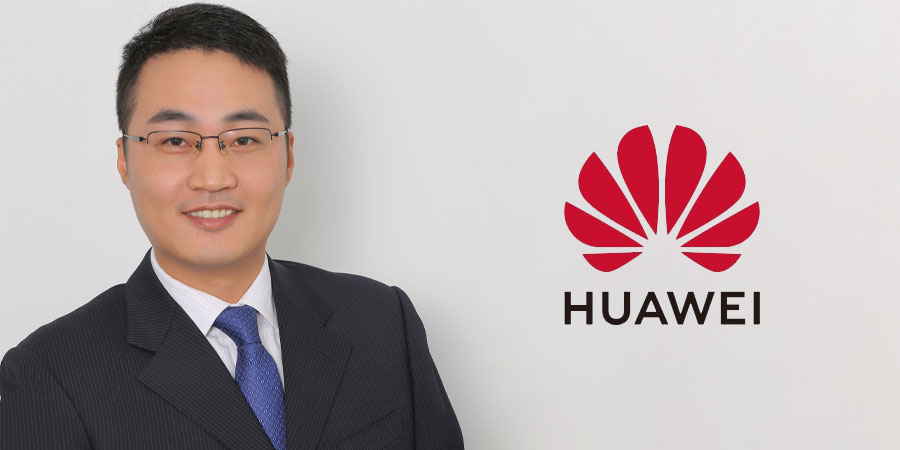
SEACOM the pan-African telecommunications service provider, announced it will acquire selected infrastructure assets from Africell in Uganda. The acquisition marks a significant step for SEACOM and is a testament to the company’s commitment to providing, competitive end-to-end connectivity and ICT solutions across the region.
“East Africa has been an important market for SEACOM ever since we first arrived on the shores of Mombasa in 2009,” explained Tejpal Bedi, managing director and regional head of sales for SEACOM ENEA. “By officially establishing ourselves in Uganda through proprietary facilities and resources, we are prioritising widespread connectivity and opening up opportunities to work with businesses in search of quality Internet services.”
This latest expansion comes on the heels of SEACOM’s recent acquisition of Kenyan service provider Hirani Telecom’s metro fiber network. SEACOM is poised to take over a comprehensive portfolio of infrastructure essential for connecting enterprise customers. This includes 760 kilometers of fiber within the Ugandan capital city of Kampala and surrounding towns, a 250 square meter data center, and office space for SEACOM representatives and staff members.
“The acquisition goes hand in hand with our five-year strategy into expanding operations in the region,” Tej added. “As such, we are very excited about having a greater local presence.”
SEACOM has provided wholesale solutions to Uganda since its inception in 2009, and corporate solutions since 2018. The leading service provider enjoys a large footprint in Uganda’s financial services sector (FSI) and works with government and non-governmental organizations, including those in the education, technology and hospitality sectors.
Although dominated by small businesses, Uganda is home to a thriving private sector with thousands of medium to large-sized businesses located primarily across Kampala and the central region. There’s also a growing Internet penetration rate with competitive connectivity prices as compared to other countries in the region.
The acquisition of established infrastructure will allow for further expansion into East Africa, enabling SEACOM to provide seamless integration of its services for clients across Uganda, Kenya, and Tanzania, and decreasing the reliance on third-party last mile providers to deliver connectivity solutions.
“SEACOM is responding to the needs of the market. Customers are starting to buy more bandwidth. Businesses are making use of the cloud like never before, using enterprise resource planning, Office 365, and customer relationship management (CRM) solutions that serve not just to fill gaps, but aid in driving digital transformation and strengthening internal and external capabilities. The growth of the Internet in the region follows the demands of these businesses, and it’s up to us to facilitate that. The end result is lower prices, improved reactions, and an overall better experience for our customers,” concluded Tej.






